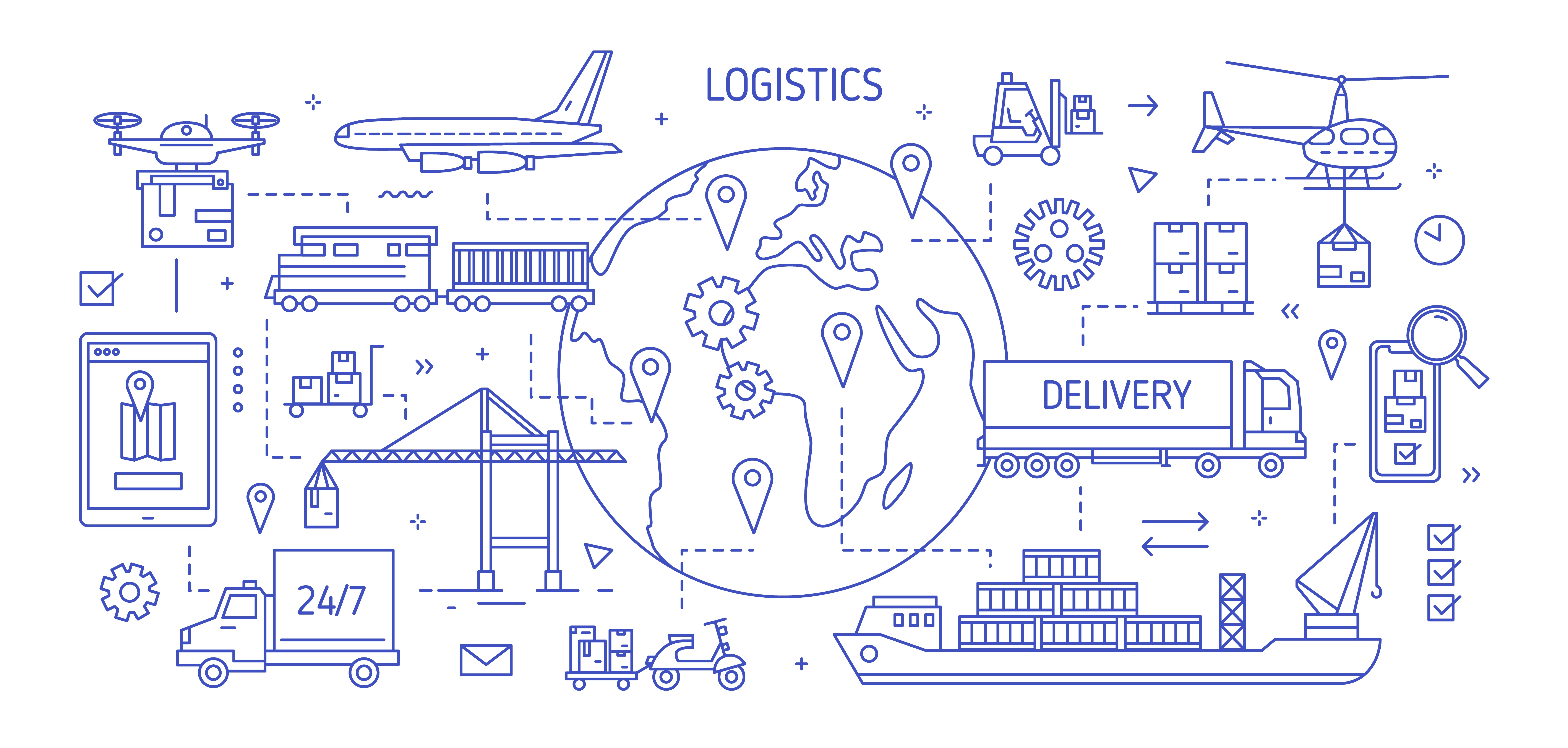Strong Carrier Relationships: A Key to Freight and Logistics Success
In the world of freight and logistics, everyone’s looking for an edge—faster service, better rates, fewer disruptions. But sometimes, the biggest advantage isn’t a new platform or tool. It’s something more fundamental: strong relationships with carriers.
As supply chains evolve, one thing remains constant: the performance of your logistics network often depends on the strength of your carrier partnerships. The better those relationships, the better your outcomes across the board. Hitting tight delivery windows, covering last-minute loads, or reducing risk during disruption.
It sounds obvious and most think it's a matter of politeness and respect, but it has more details involved than you would think. Let’s take a closer look at why carrier relationships matter:
Freight Moves Fast—Relationships Keep It Moving Smoothly
At first glance, freight shipping can seem transactional. A load is booked, a truck shows up, and that’s it. But anyone in logistics knows the real work happens behind the scenes—especially when plans shift.
When things go wrong—and they will—it’s your carrier relationships that determine how fast you recover. A trusted carrier partner will:
-
Prioritize your shipments when truck capacity is tight
-
Flag issues early instead of waiting for problems to grow
-
Offer flexibility when timelines or requirements shift
In freight and logistics, these human connections can make the difference between a smooth delivery and a costly disruption.
What Strong Carrier Relationships Look Like
Good logistics strategy starts with consistency and clear communication.
Here’s what successful freight partnerships often include:
-
Accurate load information up front—no surprises at pickup
-
Respect for driver time, especially with appointment windows
-
On-time payments and transparency around extra charges
-
Ongoing collaboration when new challenges arise
The strongest logistics operations are built on trust. And in freight, that trust is earned through day-to-day interactions—not one-off bookings.
Why It Matters in Today’s Freight Market
In a soft market, it might feel like there’s always a truck available. But when things tighten up—and they will—capacity gets competitive.
When that happens, carriers gravitate toward brokers and shippers they know they can rely on. That means companies that treat drivers well, communicate clearly, and follow through on what they promise.
From a logistics planning perspective, this loyalty creates a major advantage. It leads to better on-time performance, easier coverage on short notice, and a stronger ability to navigate unpredictable conditions.
Technology continues to transform how freight and logistics teams work—but relationships still drive results.
When you build long-term partnerships with carriers, you don’t just get service—you gain a dependable network that keeps your freight moving, even when the market shifts.
In an industry built on speed and timing, strong carrier relationships aren’t just good practice—they’re essential for success in freight and logistics.


.png)

